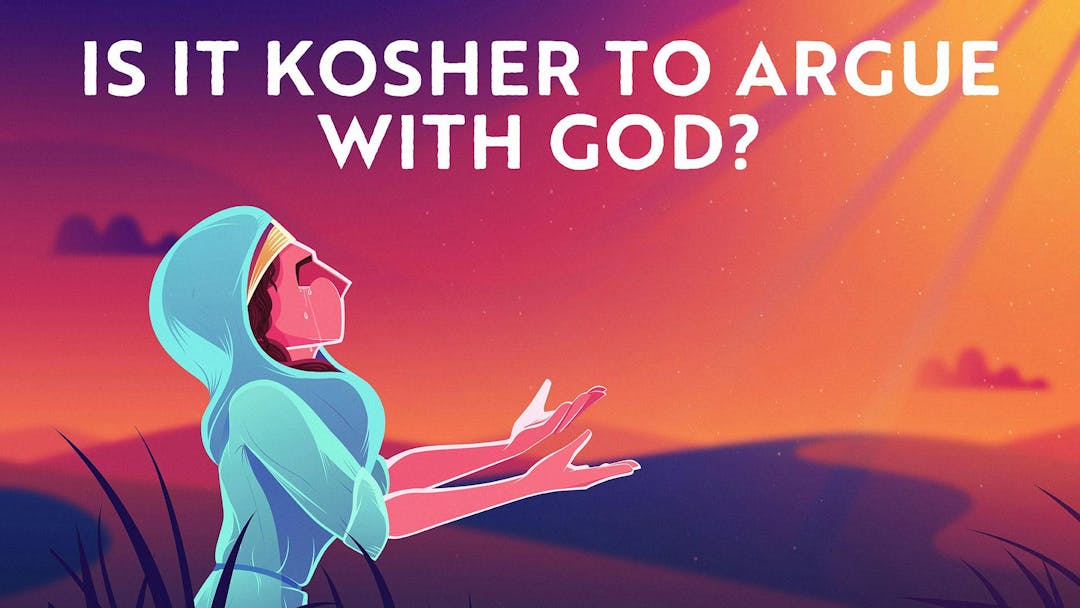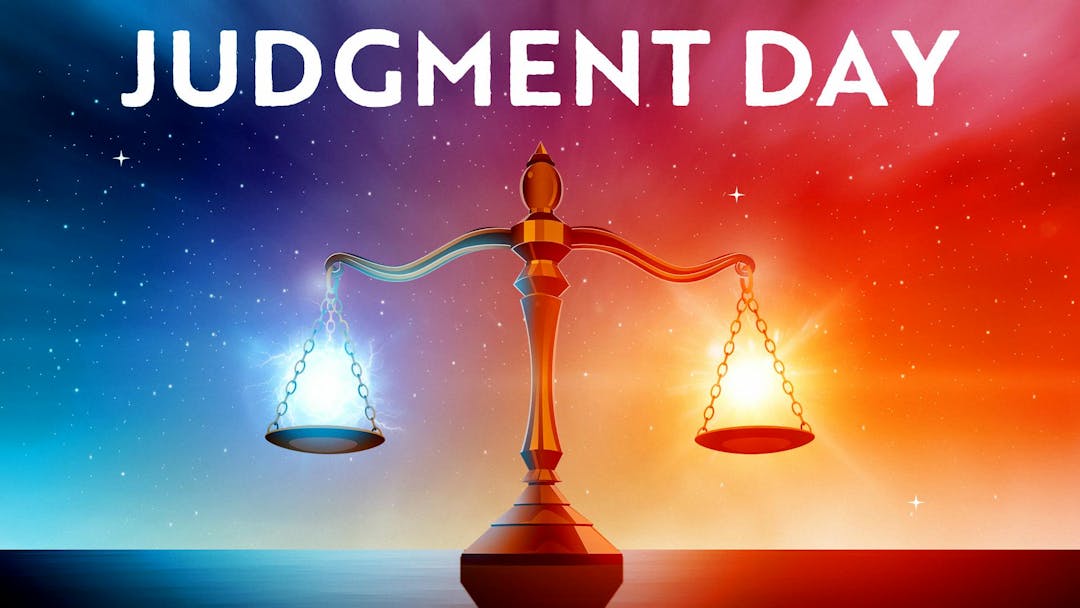Start your free trial today to unlock the full library and enjoy unlimited and uninterrupted access.
Get StartedUnetaneh Tokef: Text, Interpretation & Meaning
Commentary On Unetaneh Tokef - The High Holiday’s Scariest Prayer
At the center of the Rosh Hashanah and Yom Kippur prayer services is the passage "Unetaneh Tokef," literally, “let us speak of the awesomeness.” The powerful and dramatic prayer borrows imagery from the story of Elijah on Mt. Carmel. A closer look at this biblical story sheds light on God's relationship with His people, a relationship of justice and mercy. Join Rabbi Fohrman as he helps us understand the prayer of "Unetaneh Tokef" in a deeper way.
Discover other great videos for the High Holidays at Aleph Beta, including ‘How To Do Teshuva”, “What Is The Meaning and Purpose of Yom Kippur” and The 13 Attributes of God.”
Want to watch the full video for free?
Enter your email and we’ll send you a link to watch the full series free.
What is Aleph Beta?
Aleph Beta is a unique kind of Torah library. Led by our founder, Rabbi David Fohrman, we are dedicated to high-level, textual Torah learning for adults that is intellectually and spiritually sophisticated, that enlivens your Jewish practice and helps you forge a deeper connection to God. Whether you’ve been learning in yeshiva for years or you’re just beginning your Torah journey, you’re sure to find something meaningful and surprising waiting for you here.
Browse our library of over 1,000 beautifully produced animated videos, podcasts, deep dive courses, and printable guides. Topics include the weekly parsha, Jewish holidays & fast days, laws & mitzvot, prayers, relationships, big philosophical ideas and more. Have something to say at the Shabbos table that will amaze your family and guests and bring deep meaning into their lives.











